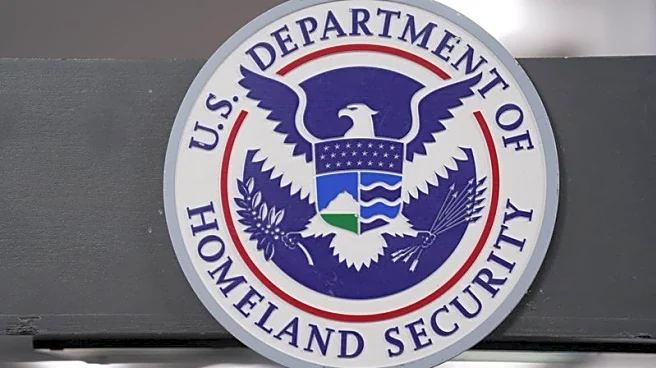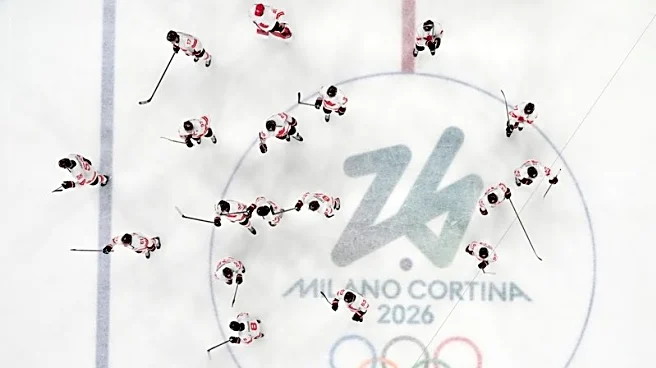What's Happening?
The planned summit between President Donald Trump and Russian President Vladimir Putin in Budapest has been canceled. This decision follows a previous meeting between the two leaders in Alaska, which did
not advance peace negotiations regarding the ongoing conflict in Ukraine. A White House official confirmed the cancellation, citing a productive call between Secretary of State Marco Rubio and Russian Foreign Minister Sergey Lavrov as the reason for deeming the meeting unnecessary. The summit was initially intended to secure a ceasefire to halt Russia's fighting in Ukraine, but Putin has rejected calls for an immediate ceasefire and continues to demand territorial concessions from Ukraine.
Why It's Important?
The cancellation of the summit underscores the challenges in achieving a diplomatic resolution to the Ukraine conflict. The decision reflects the complexities of international negotiations, where geopolitical interests and strategic calculations often impede progress. The lack of a meeting may prolong the conflict, affecting regional stability and international relations. The U.S. administration's approach to handling the situation could influence its foreign policy stance and impact its relations with European allies, who are closely monitoring the developments.
What's Next?
With the summit canceled, the focus may shift to other diplomatic channels and strategies to address the conflict. The U.S. and its allies might explore alternative measures to pressure Russia into negotiations, such as economic sanctions or increased military support for Ukraine. The international community will likely continue to advocate for a peaceful resolution, while monitoring Russia's actions and responses to diplomatic efforts.











